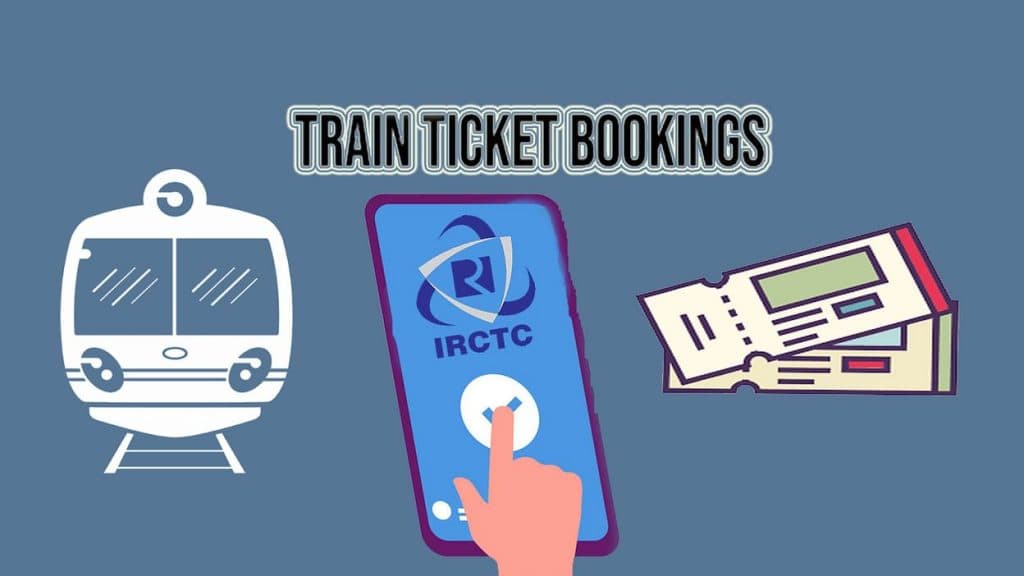contents
Train booking JSON Json

JSON Data:
1{
2 "booking_id": "1234-5678-9012",
3 "train_name": "Express",
4 "train_number": "12345",
5 "source": "New York",
6 "destination": "Washington",
7 "departure_time": "2023-03-01T10:00:00-05:00",
8 "arrival_time": "2023-03-01T12:00:00-05:00",
9 "passengers": [
10 {
11 "name": "John Doe",
12 "age": 35,
13 "gender": "male",
14 "seat_number": "A1"
15 },
16 {
17 "name": "Jane Doe",
18 "age": 30,
19 "gender": "female",
20 "seat_number": "A2"
21 }
22 ],
23 "total_fare": 150.00,
24 "status": "confirmed"
25}
26
Description:
This JSON represents the response from a real-time train booking API. Let's go through the different parts of the JSON:
The
booking_idfield specifies a unique identifier for the booking.The
train_namefield specifies the name of the train.The
train_numberfield specifies the train number.The
sourcefield specifies the name of the source station.The
destinationfield specifies the name of the destination station.The
departure_timefield specifies the departure time of the train in ISO 8601 format with timezone offset.The
arrival_timefield specifies the arrival time of the train in ISO 8601 format with timezone offset.The
passengersfield is an array that contains information about the passengers that are part of the booking. Each passenger has aname,age,gender, andseat_number.The
total_farefield specifies the total fare for the booking.The
statusfield specifies the status of the booking. It can be "confirmed", "cancelled", or "pending" depending on the current state of the booking.
Overall, this JSON provides all the necessary information about a train booking, including the train details, the source and destination stations, the passengers, and the booking status. This response can be used to confirm a booking or to display the booking details to the user.